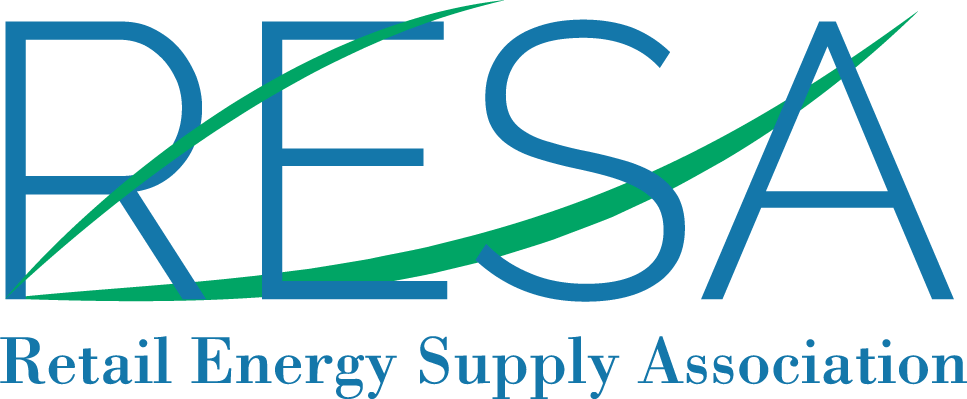Analysis Shows Millions in Potential Electricity Savings Available to Rhode Island Consumers
Consumers grappling with National Grid’s 53 percent rate increase can turn to Rhode Island’s competitive electricity market for alternative rate choices. State regulators have approved National Grid’s proposal to increase residential and small business rates from 6.3 cents to 9.5 cents per kWh for the six-month period beginning October.
A review of the state’s electricity shopping website, Empower RI, shows that many competitive offers are priced below the upcoming National Grid rate, and if all Rhode Island electricity consumers taking utility standard rate service switched to these lowest available competitive offers, the potential monthly savings are more than $10.7 million.
“Customers can take control of their energy costs by considering competitive alternatives to National Grid’s standard service rate,” said Retail Energy Supply Association spokesman Bryan Lee. “Customers have a range of valuable energy supply options, including fixed rates that can protect against volatile price spikes. If all the state’s electricity customers receiving utility service instead chose the lowest available competitive offer, considerable potential savings would be realized.”
As of Aug. 15 in National Grid’s service territory, 19 competitive supply offers were available from seven competitive suppliers. Of those, eight would provide a fixed rate below the utility rate and seven offered renewable energy “green” electricity. The total potential monthly savings available to standard offer customers amounted to more than $10.7 million.
“Price is only one factor consumers weigh when choosing electricity supply,” said Marc Hanks, RESA’s New England chairman. Suppliers are innovating and developing value-added products and services that go beyond price to differentiate themselves from competitors, he noted. While some provide incentives like gift cards and loyalty points, others offer smart thermostats, smart devices and energy services that allow consumers to take charge of their energy usage. Chief among these value-added products are “green” energy options that allow consumers to express their environmental preferences through their electricity purchase.
“Rhode Island’s consumers are benefiting from a range of developing value-added products and services available through competitive supplier product differentiation. Price is only one consideration,” Hanks said. “By failing to consider alternatives to utility standard offer service consumers are failing to benefit from the value and emerging innovation available through the state’s competitive energy market.”
The analysis of potential savings is derived using information readily available to consumers at https://www.ri.gov/app/dpuc/empowerri, the state’s official rate board website. “The state of Rhode Island has developed an excellent and comprehensive tool to inform and compare the many choices designed to help consumers find the option best suited to meet their energy needs” Hanks said.
# # #
